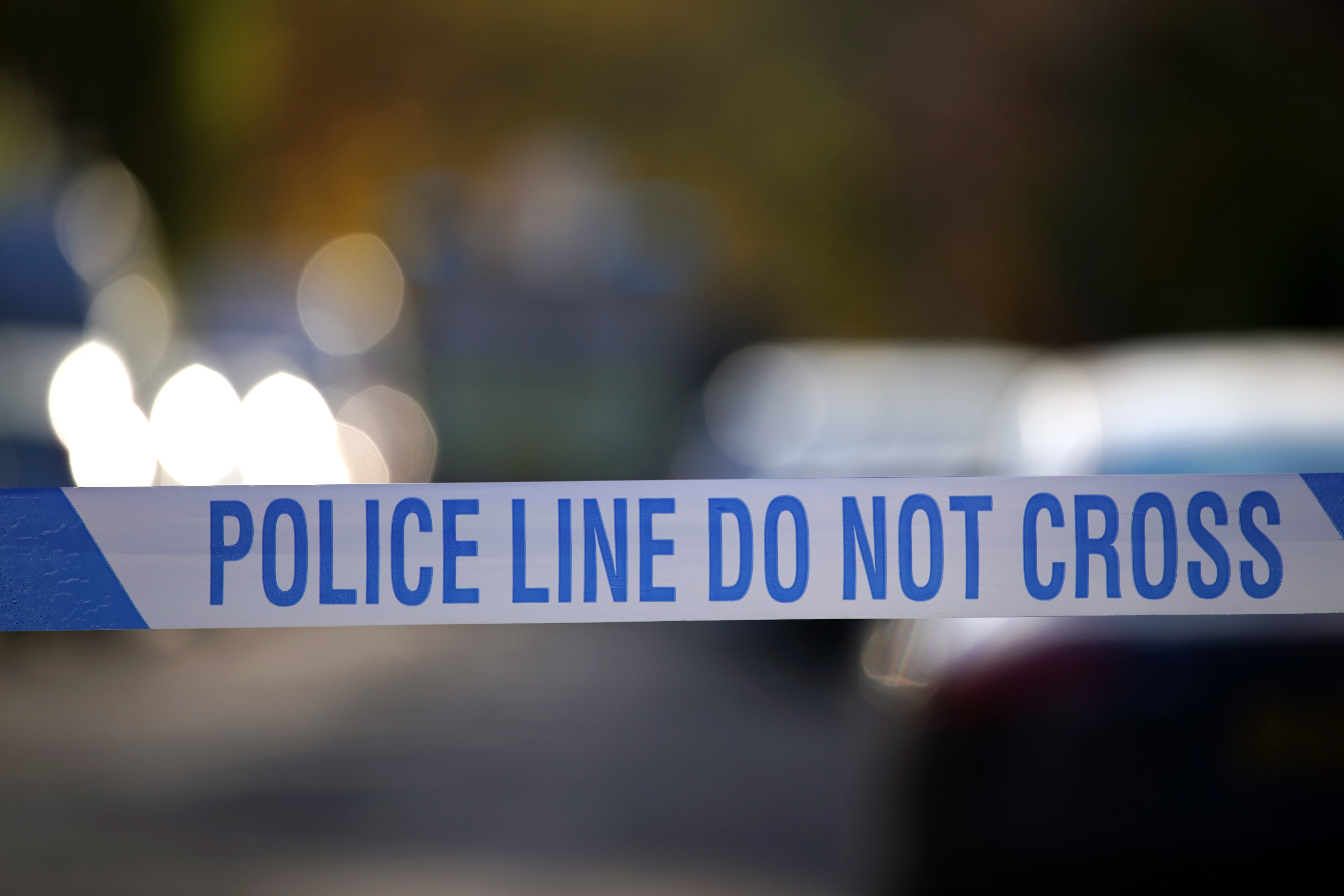Drug crime involving children highest proportion on record
Youngsters across England and Wales have been cautioned or convicted over drugs nearly 48,000 times since records began in 2013-14, figures show

Your support helps us to tell the story
From reproductive rights to climate change to Big Tech, The Independent is on the ground when the story is developing. Whether it's investigating the financials of Elon Musk's pro-Trump PAC or producing our latest documentary, 'The A Word', which shines a light on the American women fighting for reproductive rights, we know how important it is to parse out the facts from the messaging.
At such a critical moment in US history, we need reporters on the ground. Your donation allows us to keep sending journalists to speak to both sides of the story.
The Independent is trusted by Americans across the entire political spectrum. And unlike many other quality news outlets, we choose not to lock Americans out of our reporting and analysis with paywalls. We believe quality journalism should be available to everyone, paid for by those who can afford it.
Your support makes all the difference.Children in England and Wales have committed tens of thousands of drug crimes in less than a decade, figures show.
Prohibition critics have warned that giving a child a criminal record for drug offences can have a detrimental effect on their future.
But the Government said it has no plans to change law the around drug possession, adding that doing so would not eradicate the crime.
Youngsters across England and Wales have been cautioned or convicted over drugs nearly 48,000 times since records began in 2013-14, figures from the Ministry of Justice show.
Criminalising children for drug offences hinders their life chances and disrupts their education and employment outcomes
Around 4,000 crimes were logged during the first year of the coronavirus pandemic, despite national lockdowns and other measures contributing to a significant fall in crime rates among both young people and adults.
Child drug crime accounted for 10.3% of the total 38,500 proven offences involving under-18s in 2020-21, the highest proportion on record, despite a 58% drop in youth-related crimes since 2013-14.
Campaigners calling for urgent reform to drug laws say such punishments could have lifelong consequences.
Steve Rolles, senior policy analyst at the Transform Drug Policy Foundation, said the data was a “depressing reflection on the failure of UK drug policy”, and added that nobody should be criminalised for personal drug use.
He said the UK’s prohibitionist approach had not eliminated drugs from communities but had instead given the control of drug markets to organised criminals.
Mr Rolles added: “Rather than protecting children, the war on drugs has put them in harm’s way, through criminalisation, more potent and risky drugs and through the exploitation of vulnerable youth within illegal drug supply networks and county lines.”
A Government spokesperson said it was combining tough enforcement with early intervention programmes and investing £200 million in its Youth Endowment Fund to divert young people away from crime.
It is establishing an evidence base to better understand how to prevent children from taking drugs but has no plans to decriminalise drug possession, saying it would not eliminate the crime or address the harms associated with drug dependence.
Dr Laura Garius of Release, the national centre for drugs expertise, said: “There is no relationship between the toughness of a country’s drug sanctions and the levels of drug use.
“Criminalising children for drug offences hinders their life chances and disrupts their education and employment outcomes.
“Prohibition, and the barriers it creates, is itself a gateway into further drug use and future offending.”
A 2018 NHS report found that a quarter of 11 to 15-year-olds surveyed in England that year said they had taken drugs, including 9% of 11-year-olds and 38% of 15-year-olds.
And separate figures show concerns over a child’s misuse of drugs was a factor in 27,210 assessments of children in need in England in 2020-21.
The National Police Chiefs’ Council (NPCC), which is working with forces to avoid unnecessarily criminalising young people, welcomed the reduction in recorded child crime in recent years.
But Commander Catherine Roper, the NPCC’s lead for children and young people, said there would always be situations in which arrest is the best option.
She said careful consideration is given to all options, with forces often taking a diversionary or restorative approach with the aim of preventing further offending.